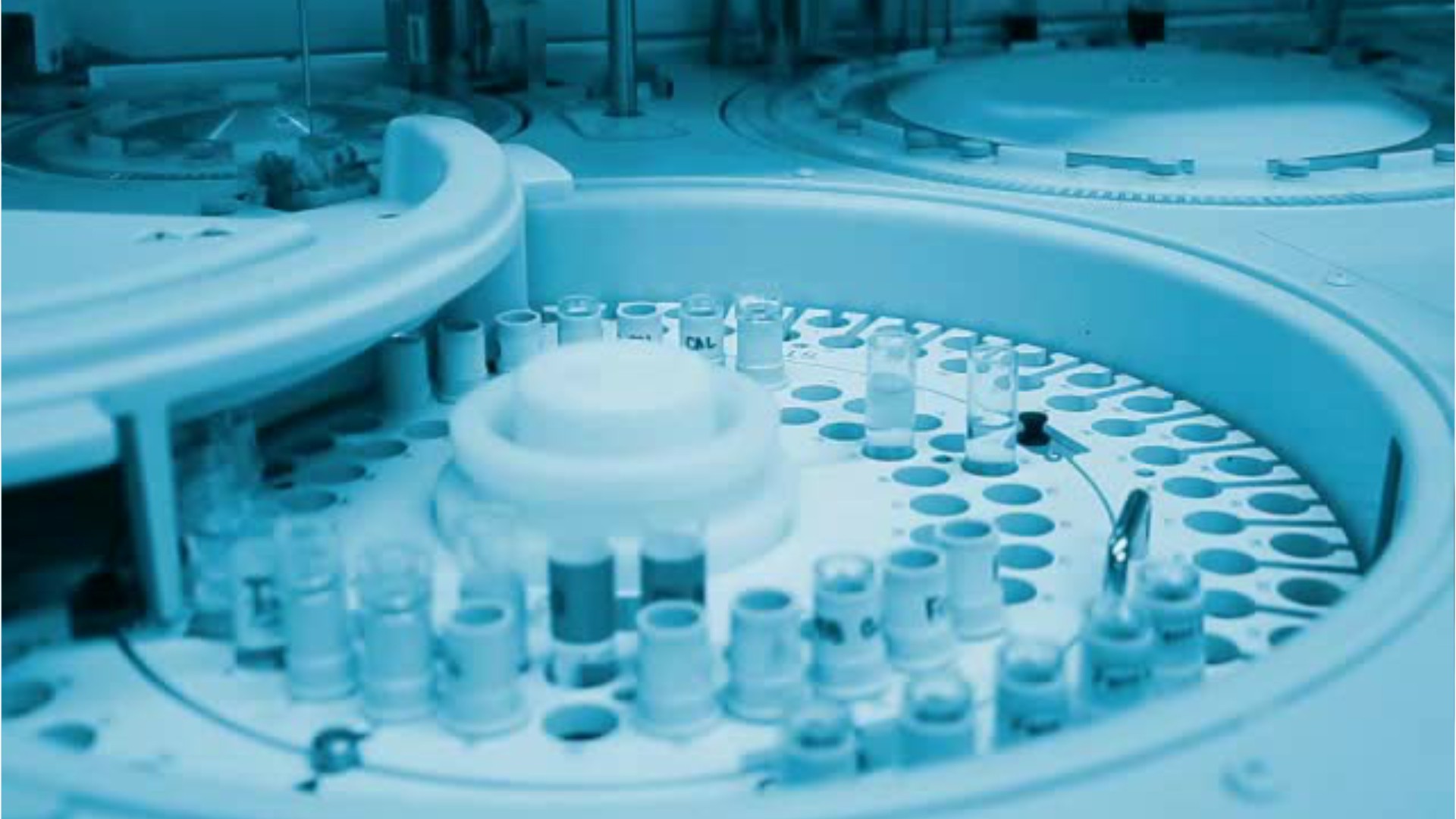Geneticists
Cardiovascular Geneticist, Medical Geneticist, Research Scientist, Scientist
 Select a military branch to see samples.
Select a military branch to see samples.
Biomedical Laboratory; Biomedical Laboratory, Biomedical Laboratory Science; Biomedical Laboratory, Blood Bank; Biomedical Laboratory, Clinical Chemistry; Biomedical Laboratory, Environmental and Industrial Hygiene Chemistry; Biomedical Laboratory, Hematology; Biomedical Laboratory, Microbiology; Biomedical Laboratory, Toxicologist; Medical Geneticist and Genomicist
No similar titles were found.
No similar titles were found.
No similar titles were found.
No similar titles were found.
No similar titles were found.
What they do:
Research and study the inheritance of traits at the molecular, organism or population level. May evaluate or treat patients with genetic disorders.
On the job, you would:
- Supervise or direct the work of other geneticists, biologists, technicians, or biometricians working on genetics research projects.
- Plan or conduct basic genomic and biological research related to areas such as regulation of gene expression, protein interactions, metabolic networks, and nucleic acid or protein complexes.
- Prepare results of experimental findings for presentation at professional conferences or in scientific journals.
Knowledge
Math and Science
- biology
- arithmetic, algebra, geometry, calculus, or statistics
Arts and Humanities
- English language
Education and Training
- teaching and course design
Engineering and Technology
- computers and electronics
Skills
Basic Skills
- reading work related information
- using scientific rules and strategies to solve problems
Problem Solving
- noticing a problem and figuring out the best way to solve it
People and Technology Systems
- thinking about the pros and cons of different options and picking the best one
- figuring out how a system should work and how changes in the future will affect it
Abilities
Verbal
- read and understand what is written
- communicate by writing
Ideas and Logic
- make general rules or come up with answers from lots of detailed information
- group things in different ways
Math
- choose the right type of math to solve a problem
- add, subtract, multiply, or divide
Visual Understanding
- see hidden patterns
Personality
People interested in this work like activities that include ideas, thinking, and figuring things out.
They do well at jobs that need:
- Innovation
- Achievement Orientation
- Intellectual Curiosity
- Cautiousness
- Integrity
- Attention to Detail
Technology
You might use software like this on the job:
Analytical or scientific software
- SAS JMP
- SAS/Genetics
Presentation software
- Microsoft PowerPoint
Object or component oriented development software
- Oracle Java
- Perl
Education
Education: (rated 5 of 5)
post-doctoral training or
master's degree
usually needed
master's degree
usually needed
Job Outlook
Below Average
New job opportunities are less likely in the future.
Explore More
- Biochemists & Biophysicists
- Bioinformatics Scientists
- Medical Scientists
- Microbiologists
- Molecular & Cellular Biologists
You might like a career in one of these industries:
See more details at O*NET OnLine about Geneticists.





